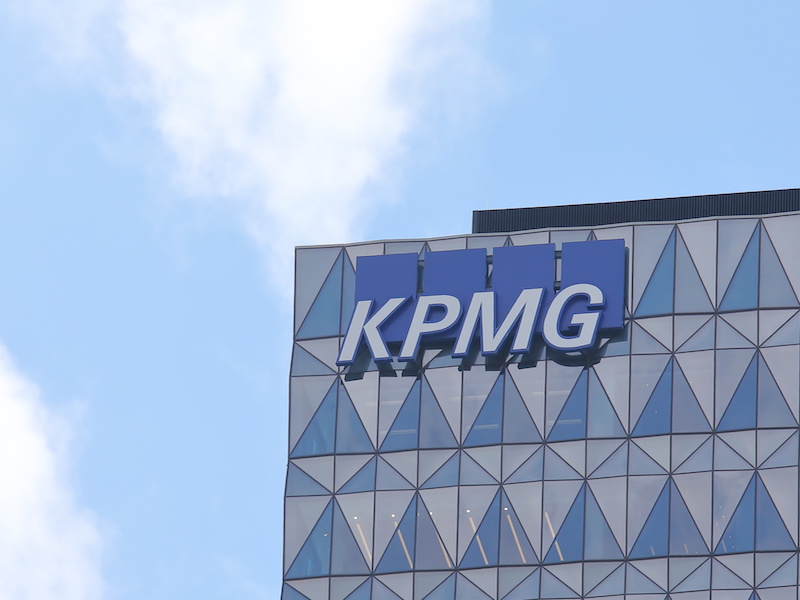

KPMG in Canada is offering an Indigenous wellness benefit as part of its Truth and Reconciliation action plan.
The wellness benefit, which will be available in December, provides employees with access to an annual allowance that will reimburse expenses related to Indigenous healers and elders, traditional medicine and Indigenous ceremony supplies.
“We felt strongly that we had a role to play as a business in advancing truth and reconciliation aligned to the Truth and Reconciliation Commission’s calls to action, specifically No. 92 for businesses,” says Stephanie Braid, director of inclusion, diversity and equity at KPMG in Canada. “Creating this plan was about accelerating change and holding ourselves accountable. I think businesses at this stage have a lot of power in terms of hiring, creating prosperity and building trusted relationships with people in Indigenous communities.”
Read: KPMG’s new daily living benefit providing support for employees with disabilities
In addition, the firm has provided 114 scholarships to First Nations, Métis and Inuit students since 2012 through its Indigenous Student Awards in an effort to reach Indigenous talent earlier. “We’ve been focused on Indigenous recruitment for years [and], a while back, we invested in a recruiter who specifically focuses on Indigenous talent,” she says. “When we look at recruitment, we’re [aiming] to accelerate our investments in early career talent . . . so we’ve had a scholarship program in place for many years.”
From a talent retention perspective, the action plan is primarily about engaging, elevating and listening to Indigenous employees, notes Braid, adding the plan was done in full consultation with KPMG’s internal Indigenous Peoples Network, as well as Indigenous-led organizations and community leaders.
“In many elements of the plan, you’ll see education around employee development. It really helps create an inclusive environment for Indigenous employees where they feel those around them understand Indigenous history and inclusive language, so they’re able to bring their whole selves to work and not feel like they need to hide that part of their identity.”
Read: Truth and Reconciliation: Employer awareness growing but more action required, says expert
Emilie Inakazu, director of benefits and well-being at KPMG in Canada, says she hopes the plan will inspire other employers to similar action within their organizations. “I think that principle to inspire others and push them to move forward is central to something like this. And you really need collaboration internally — you have benefits teams that operate on one side and [DEI] on another; working as a collective to bring about positive change is so important.”
An Indigenous wellness benefit also goes beyond the employer, she adds, because the company is dependent on its partners and their ability to support administering these unique types of benefits.
